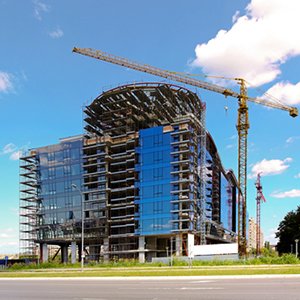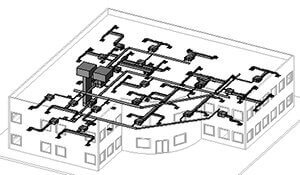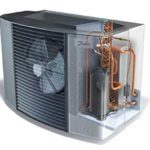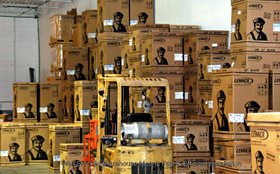
When constructing a building in a city like St. Louis, one of the most common concerns that engineers and architects need to take into consideration is the HVAC operations. The building design will dictate what kind of HVAC system it will need – for example, bigger buildings will need more intricate HVAC systems while smaller ones need only simple HVAC systems installed. As such, it is important to create designs that will maximize the HVAC system’s performance and result in an energy efficient HVAC system.
Designing for future maintenance is the key to creating an energy efficient HVAC system. A good design will help lower future costs, make maintenance easier, help with planning commercial HVAC upgrades, and save you money in the long run.
Read on for some tips to help create a good building design for energy efficient HVAC operations.
Energy Efficient HVAC: Building Design Considerations

- Easy Access to HVAC – When planning for your HVAC system, it is important to make HVAC system operations easy to access and operate. Do not place the HVAC in locations that are very hard to get into. Make them easily accessible to the people who will eventually be maintaining them. Provide clear pathways, well ventilated locations, and well lighted space to set up your HVAC system. This will ensure that the people in charge of maintaining the system can easily see if there are leaks, problems, and issues that could affect HVAC energy efficiency. Easy access to these systems will help them fix the problem easily as repair professionals have adequate access to the equipment they need.
- Seek Help from Experts – Don’t try to plan your own energy efficient HVAC system without the help of the experts. Experts have in depth knowledge about planning the right cooling and heating for your building’s needs. They also have the proper equipment to measure spaces accurately. Planning energy efficient HVAC yourself could be disastrous unless you are an engineer or an architect. So leave this step to the pros.
- Creating Backup Systems – These are more of redundancy systems rather than backup systems. When designing larger buildings, many chose to design their HVAC system such that if one of the systems fails, there will be ample cooling or heating that can come from another source. This other source should be able to pick up the slack left by the broken HVAC. Make sure to place the backup system in a different location within the building so that if the current HVAC system becomes flooded or catches fire, the backup system will remain intact.
- Training and Proper Transfer of Knowledge – Handing off the maintenance of the HVAC system to the facility managers is something that you should be ready for. Make sure to provide manuals, training, and hands on experience for everyone who becomes part of the team who will be maintaining the system in the long run. Training them properly the first time will ensure smooth operations for years to come. They have to understand the design and know all the ins and outs of the HVAC system in order to properly maintain it and ensure energy efficiency.
Learn More About Energy Efficient HVAC Design
At Galmiche & Sons Heating & Cooling, we have years of experience in energy efficient HVAC design, and we would love to help you with your next project. Contact our St. Louis heating & air conditioning experts today at 314-993-1110.












